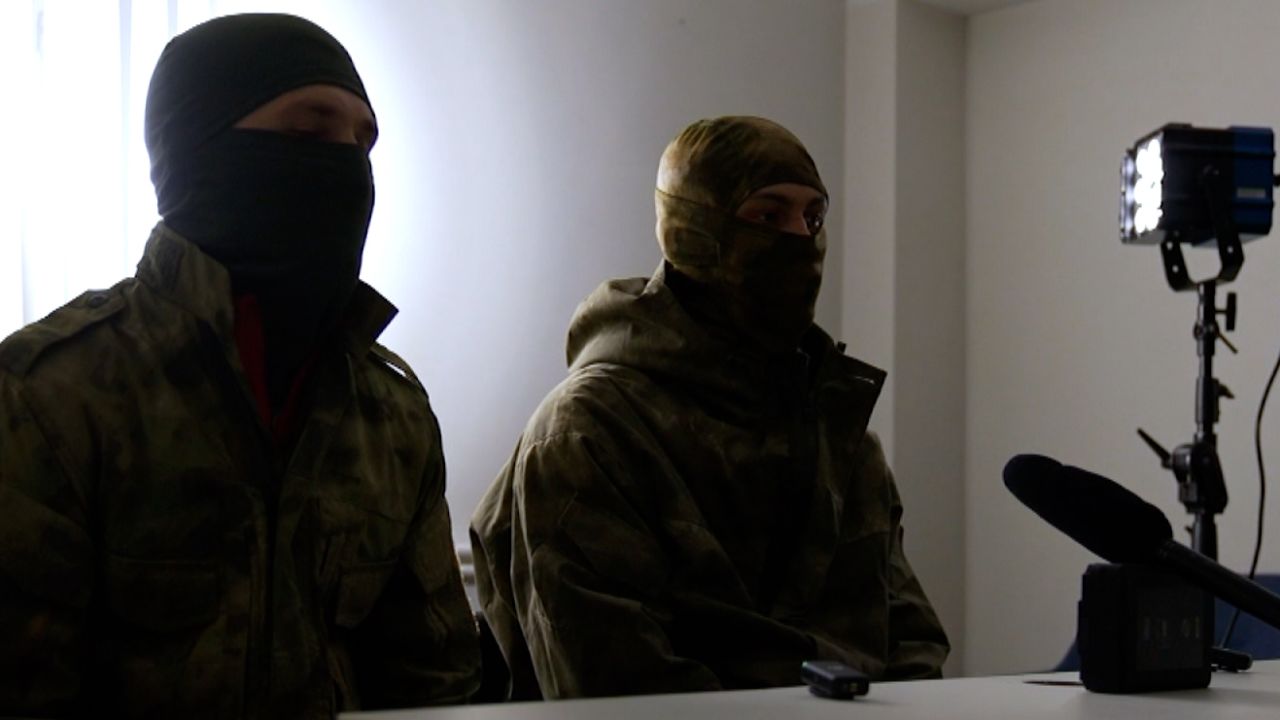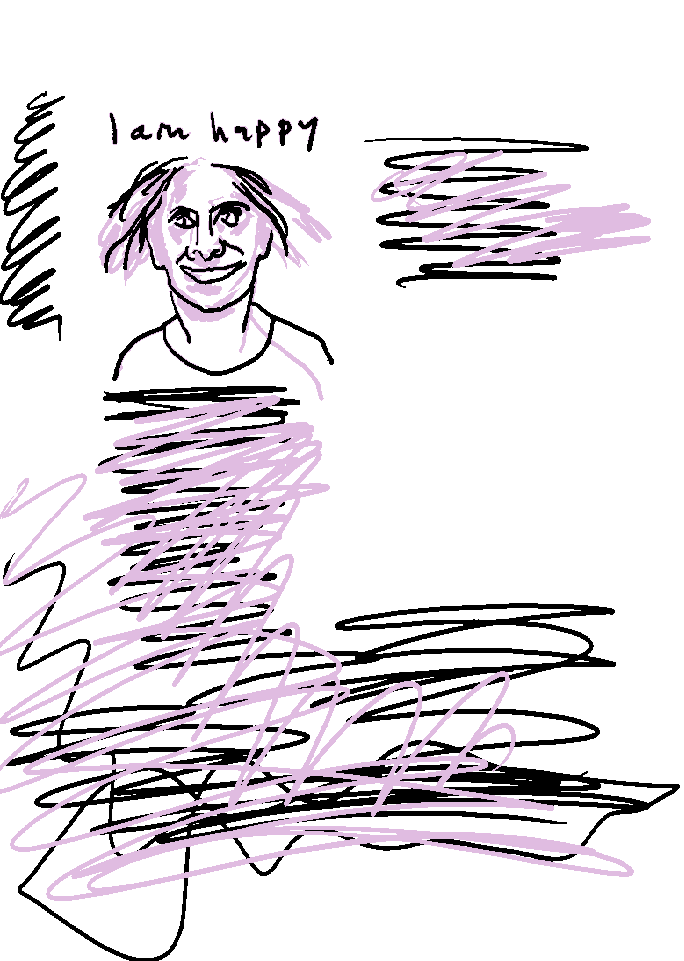Russia on Friday launched nationwide missile strikes, as it has done with grim regularity for months. It fired a notably high number of S-300 missiles at Zaporizhzhia city and the Kharkiv region – up to 35, according to Ukrainian officials.
It came a day after the leader of Ukraine’s Luhansk region, Serhiy Hayday, said that Russia was escalating its attacks in that part of the country, something he believed was “part of the full-scale offensive that Russia has been planning.”
While the balance of momentum now certainly seems to lie with Russian forces, a dramatic and triumphant spring offensive from Russia still appears to be absent.
Ukrainian warnings: As 2022 ended, it seemed as though Ukraine had the advantage in beating back Russia’s invasion of Ukraine. Months after regaining large swaths of territory in the northeastern Kharkiv and Donetsk regions, Ukraine’s military retook all land west of the Dnipro River, including the regional capital of Kherson.
But the new year brought a raft of warnings from Ukrainian officials about a coming Russian offensive, likely around the February 24 anniversary of its full-scale invasion of Ukraine.
Oleksiy Danilov, secretary of Ukraine’s National Security and Defense Council, said that Russia was planning for “maximum escalation” and that the coming months would be “defining.” Andriy Yusov, a representative of Ukraine’s Defense Intelligence, said that February and March would be “very active.” President Volodymyr Zelensky said that Russia “wants revenge.”
Those warnings came in conjunction with dire requests for more advanced western weapons – something that was partially fulfilled when German, the US., and others agreed to send Ukraine main battle tanks at the end of January.
The Russian position: Though it is incredibly difficult to assess, there has been some indication from both Ukrainian and Russian sources that Russia has been able to build up its mobilized reserves in eastern Ukraine.
“Our units, which were mostly formed from mobilized men, gained experience, which made it possible to increase the stability of the units on the front line,” a pro-Kremlin Russian military blogger, Evgeny Poddubny, wrote on Telegram Thursday. He conceded, though, that Ukraine has also been able to replenish its own “depleted units.”
Hayday, the Ukrainian Luhansk leader, said at the end of January that there was an “incredible number” of Russian troops in eastern Ukraine.
“There are huge numbers of them [Russian troops in the Svatove-Kreminna area]. And a very large number of mobilized. And they are constantly being thrown into the offensive — almost all the time.”
Russian attacks: So can those numbers be seen on the battlefield? Perhaps, though not yet in a dramatic way.
Hayday said on Thursday that Russia is on the offensive near the Svatove-Kreminna frontline, though so far without “much success.”
“We can conclude that a certain escalation has already begun,” he said. “And we can say de facto that this is part of the full-scale offensive that Russia has been planning.”




























